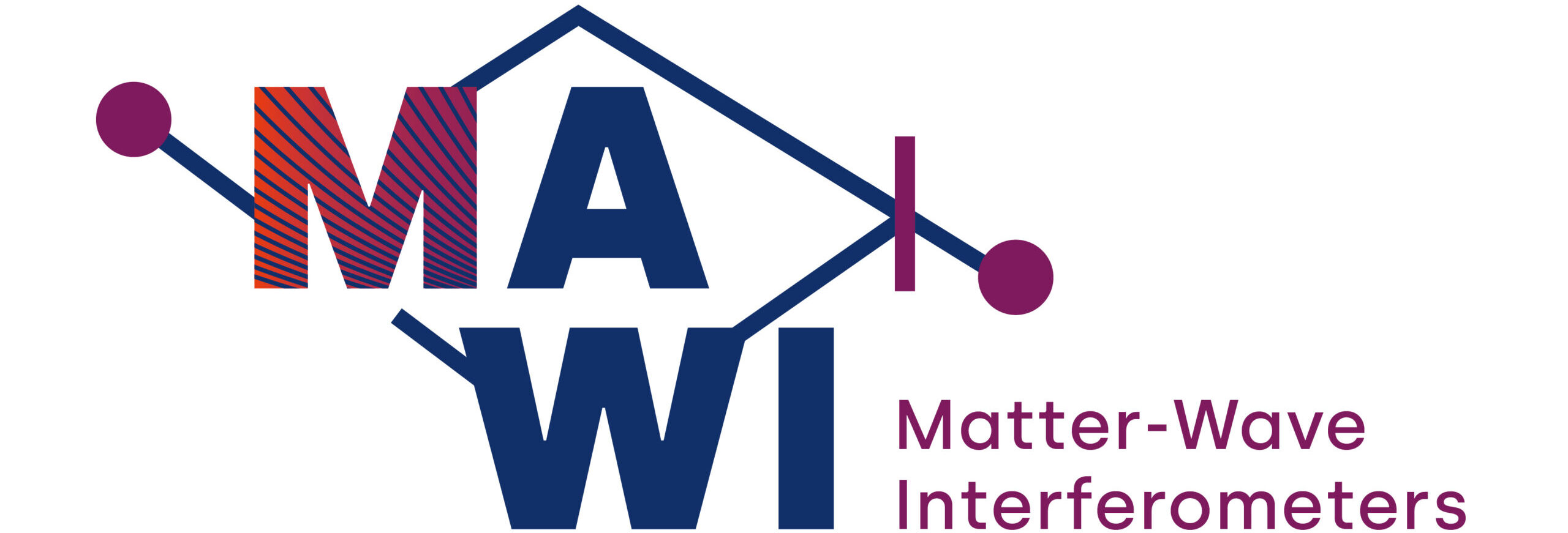Principal Investigator: Bruno Desruelle (bruno.desruelle@ixblue.com)
Exail is a global high-tech company specializing in the design and manufacturing of advanced autonomous, marine and photonics technologies. The group in-house expertise includes innovative systems and solutions devoted to inertial navigation, subsea positioning, underwater imaging, as well as shipbuilding and tests & simulation means. Ixblue recently merged with Muquans. Muquans was a French company specialized in high precision measurements based on the quantum manipulation of laser-cooled atoms. It was a spin-off of two academic laboratories (LP2N, Institut d’Optique and SYRTE, Observatoire de Paris) and benefited from technology transfer agreements from these two laboratories for the development of its products. The Muquans team was thus absorbed by iXblue and is following its activities. The product portfolio is this unchanged and is composed of
– an absolute quantum gravimeter capable of measuring gravity with a sensitivity of 10-9 g, dedicated to
geophysics applications.
– an atomic clock, which provides both frequency standard and time reference signals offering relative stability and accuracy close to 10-15 and dedicated to time and frequency metrology applications and highperformance synchronization.
– integrated and fully autonomous laser systems dedicated to laser cooling, trapping and quantum manipulation of cold atoms, and long-haul frequency transfer on optical fibers.
A first generation of instruments is now commercially available and already deployed.
Focus
Exail quantum sensors (EQS) in collaboration with LP2N is looking for applicants for a PhD position within the MARIE SKŁODOWSKA-CURIE Doctoral network MAWI.
World leader in the production of industrial-grade quantum gravimeters, EQS provides turnkey absolute gravimeters based on matter-wave interferometry for geophysicists and geodesists.
The LP2N is deeply involved in the construction of the MIGA large-scale gravity antenna [1], a research infrastructure based on matter wave interferometry in development at the LSBB underground laboratory. MIGA will provide precise measurements of the local gravity sensed by a network of three free-falling atom test masses distant up to 150 m.
In the first part of the thesis, the applicant will be working on the most advanced instrument developed at EQS, the Differential Quantum Gravimeter (DQG) [2], a double matter-wave interferometer able to measure simultaneously the local gravity acceleration and its gravity gradient [3]. The work will concentrate on optimizing the performances of the device and its accuracy above the current state of the art and using to perform useful measurements for geophysics or civil engineering.
In a second part the student will be involved within the LP2N in the MIGA project, where his/her work will be focused on the development of advanced atom gradiometry techniques. In particular, he/she will develop new metrological models and simulations for high-sensitive measurement of the gravity gradient over the horizontal direction. A simultaneous operation with the DQG will be explored to open multi-axial sensing of the gravitational field.
Work will involve experimental work, data analysis, theory and eventually field measurements with the DQG. Within MAWI, the applicant will be able to visit other laboratories of the network as well as workshops and summer schools. Other PhD positions are available within the MAWI framework, please consult www.mawi-net.eu
[1] B. Canuel, A. Bertoldi, L. Amand et al., Exploring gravity with the MIGA large scale atom interferometer. Sci Rep 8, 14064 (2018). https://doi.org/10.1038/s41598-018-32165-z
[2] Camille Janvier, Vincent Ménoret, et al., Compact differential gravimeter at the quantum projection-noise limit. Phys. Rev. A 105, 022801 https://doi.org/10.1103/PhysRevA.105.022801
[3] R. Caldani, K. X. Weng, S. Merlet, and F. Pereira Dos Santos, Simultaneous accurate determination of both gravity and its vertical gradient. Phys. Rev. A 99, 033601 https://doi.org/10.1103/PhysRevA.99.033601
